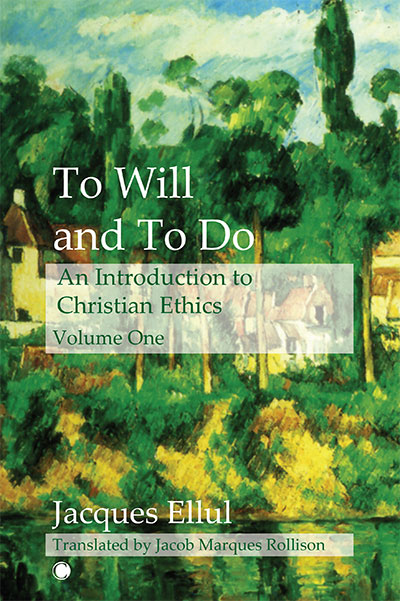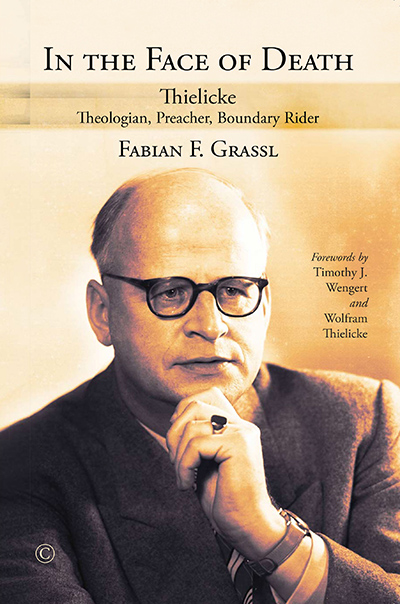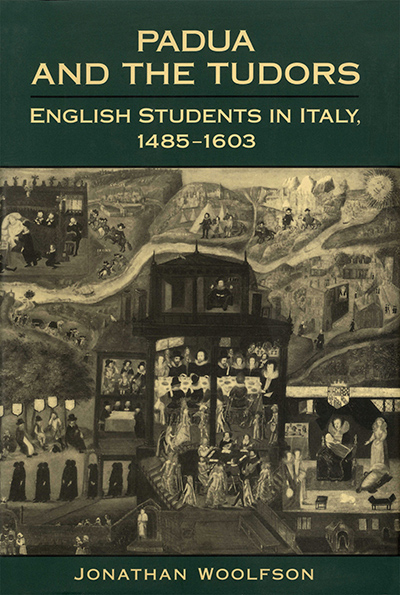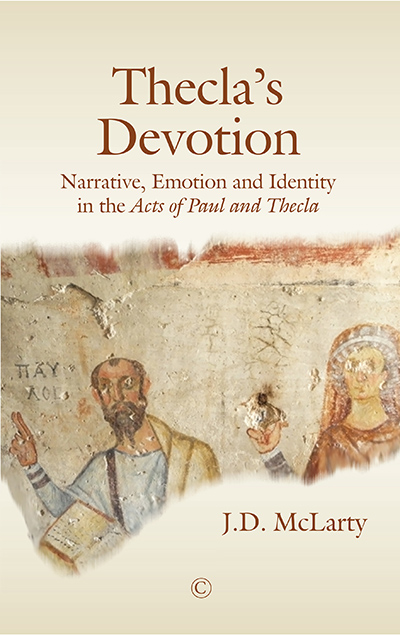Description
In To Will and To Do, twentieth-century French thinker Jacques Ellul presented his landmark theological contribution, yet the full text has never before been available in English. Incorporating recent insights on Ellul, and benefitting from the discovery of a lost manuscript, this new publication remedies this, combining a fresh translation of Volume One with a first English translation of Volume Two. Together, the two volumes constitute the first part of Ellul’s planned four-part treatment of Christian ethics.
In Volume One, Ellul examines the origin of the problem of Good and Evil, surveys the contemporary morality of Western society, and provocatively sketches the paradox of an impossible and yet necessary Christian ethics. In Volume Two, he carries this discussion forward, outlining the characteristics and conditions of Christian ethics, and analysing the relationship between ethics, the legal texts of the Bible, and dogmatic theology. He concludes by reimagining the theological use of the ‘analogy of faith’ for scriptural interpretation. Throughout, Ellul remains in dialogue with Karl Barth, Dietrich Bonhoeffer, Paul Ricoeur and others, helping to cement To Will and To Do as a major intervention in twentieth-century theological ethics.
About the Author
Jacob Marques Rollison is an independent scholar living in Strasbourg, France. He holds a PhD in theological ethics from the University of Aberdeen, and is the editor of Jacques Ellul and the Bible (James Clarke & Co., 2022).
Contents
Volume I: An Introduction to Christian Ethics
Acknowledgments
Translator’s Introduction: Rediscovering Ellul’s Theological Ethics
A Note on the Translation
Part I: Origins
1. Knowledge of the Good
2. The Good
3. Morality Is of the Order of the Fall
4. Morality Is of the Order of Necessity
5. The Double Morality
Part II: Morality of the World
1. Diversity of Moralities
2. Theoretical Moralities
3. Values
4. Lived Moralities
5. The Attitude of Man toward Morality: Moralism and Immoralism
6. Technical Morality
Part III: The Impossibility and Necessity of a Christian Ethic
1. The Impossibility of a Christian Ethic
2. Historical Creation of Christian Moralities
3. The Necessity of a Christian Ethic
Bibliography
Name Index
Scripture Index
Volume II: An Introduction to Christian Ethics
Acknowledgments
Translator’s Introduction: A Prophet for the Twenty-First Century
A Note on the Translation
Part IV: Conditions and Characteristics of a Christian Ethic
1. Choice and Guidance
2. An Ethic for the Person
3. A Communal Ethic
4. An Immediate Ethic
5. A Specific Ethic
6. An Ethic of Contradictions
7. An Ethic of Means
8. An Eschatological Ethic
Part V: The Content of Ethics
Section I: Ethics and the Law
1. The Gospel and the Law
2. The Accomplishment of the Law
3. The Function of the Law in Ethics
Section II: Ethics and Theology
1. Ethics and Dogmatics
2. Ethics and Christian Principles
3. On Interpreting the Ethical Texts of the Bible
Bibliography
Name Index
Scripture Index
Endorsements and Reviews
This is a landmark publication. This would be true if only for the vast improvement on a fifty-year-old translation and new scholarly apparatus. But the real buzz is that this first volume will be followed by a previously unavailable second volume of the work that Ellul himself understood as his theological masterwork. Jake Rollison masterfully explains why this book offers Christians today a wholly new, and genuinely exciting, Jacques Ellul. Brian Brock, University of Aberdeen
Jacob Marques Rollison’s careful and fluid translation of these two volumes of Ellul’s introduction to Christian ethics does an immense service to the French scholar’s English-language readers, both new and old. The provision of such a splendid edition of this previously fractured, abridged, and neglected work will allow Ellul’s singular vision of the nature and task of Christian ethics to be considered afresh. That Ellul’s ‘ethics of witness’ is increasingly angular to leading trends in the field of theological ethics only heightens its provocation and makes it restatement in these new volumes all the more welcome. Philip G. Ziegler, University of Aberdeen





